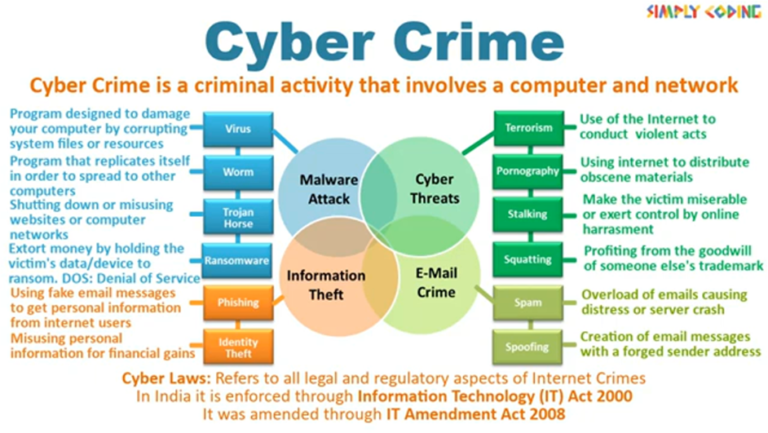
e have every reason to believe that cyberspace, left to itself, will not fulfill the promise of freedom. Here, Lessig foretells a dire future, driven by businesses seeking profits who consolidate control of the Internet, and government seeking to reestablish sovereignty, which will lead to a future antithetical to the utopian ideals of the exceptionalist era. In order to successfully make this rhetorical maneuver, Lessig had to justify why he accepts exceptionalism but rejects its corollary, cyberlibertarianism. For Lessig, yes, cyberspace is a unique space, but no, " obviously" libertarianism was to be rejected. It was a space where the rules of the real world did not apply. The uniqueness of cyberspace and the competitive environment it fostered placed it out of the reach of kings, presidents, law or economics. The second core tenant of the Exceptionalist Era was cyberlibertarianism. And the one who controls that code controls that space. It is a uniquely artificial space, built by software that controls the form, shape, and depth of that reality. interaction is the most sustained human contact of their lives.")] Second, Cyberspace is unique because it is constructed entirely of code. Cyberspace is distinct because individuals can live their entire lives there (even if only a select few chose to do so). He selects an online subculture of individuals whose total social interactive experience is mediated through computer screens, and defines the whole by this part. Picking up on the exceptionalist mantra, Lessig affirms Cyberspace as a unique and distinct place in two ways.įirst, he posits it as a unique oasis where people (some people) can live out their entire lives. Lessig selects one core tenant of that era, but rejects another.

Lessig's CODE is a reaction against the exceptionalist era. The message of the book, reduced down to a slogan, is "Code is Law." Larry Lessig's book CODE and Other Laws of Cyberspace was published in 1999 and quickly became required reading.

Out of the utopian-cyberlibertarian era emerged a voice that became a drum major for the cyberprogressive movement.


6Īrchitecture is a kind of law: it determines what people can and cannot do. Left to itself, cyberspace will become a perfoect tool of control. E have every reason to believe that cyberspace, left to itself, will not fulfill the promise of freedom.


 0 kommentar(er)
0 kommentar(er)
